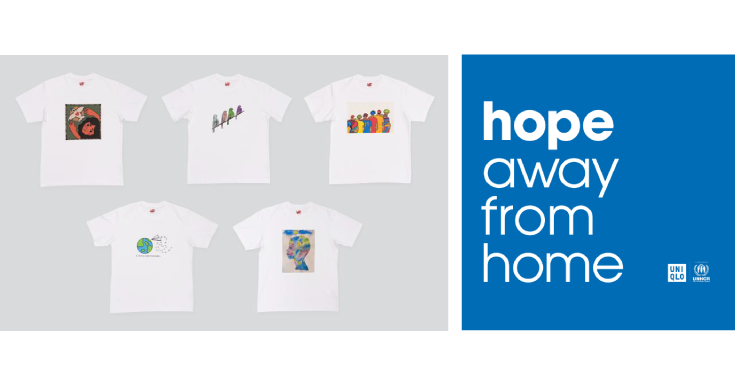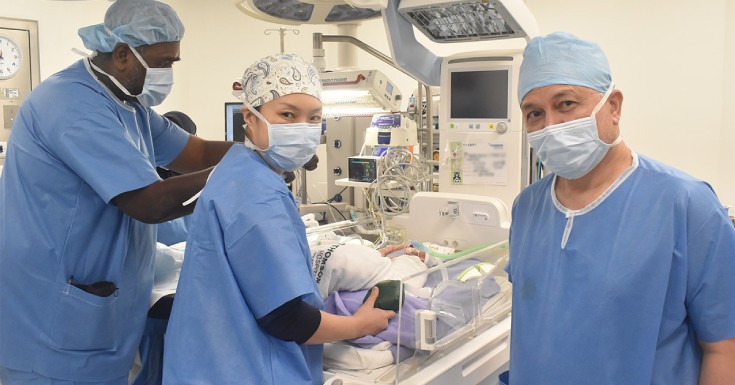Ask Our Experts
Q: I have heard that leaving freshly-made purée under room temperature to cool for too long may encourage bacteria growth. What is the procedure for storing batches of home-made puree and meals in the freezer?
Baby food chef Yeoh Leng Swee says,
One of the most common causes of foodborne illness is improper cooling of cooked foods.
Bacteria grow most rapidly in the range of temperatures between 8° and 63°C, doubling in as few as 20 minutes.
For baby food, it is best is to freeze them immediately after putting food into containers within a 20 minute window. Store batches of homemade baby food in small freezer-safe containers as this creates more surface areas and thus, help in cooling food rapidly. It is also important to ensure proper air flow inside the freezer – so that cold air can be circulated quickly to the food containers. A good option is to use sterilisable ice trays to store baby’s good as they separate the food with cubes and have space between the slots for airflow. Ensure that all utensils and storage containers (including the ice trays) are sterilised before putting cooked food in them.
Q: I have been diagnosed with pre-eclampsia. What can I do to ensure the best outcome for me and my baby?
Obstetrician Dr. Choong Kuo Hsiang says,
Pre-eclampsia is a complication of pregnancy characterised by hypertension and protein in the urine. It commonly affects primigravidas (women who are pregnant for the first time or have been pregnant one time) and occurs after the 20th week of pregnancy till six weeks postpartum. It is thought to be caused by poor implantation of the placenta onto the uterine wall, resulting in under perfusion with oxygen. This leads to the release of certain chemical factors that damage blood vessel walls. As blood vessels run all over our body, this can lead to damage to our liver, kidneys, lungs and brain. Pre-eclampsia is thus a multisystem disorder. In severe cases it can lead to cerebral haemorrhage and adult respiratory distress. For the baby, it can cause intra-uterine growth restriction.
You must see your doctor regularly to monitor blood pressure and the presence of protein in the urine. Periodically, your doctor may send off blood tests to assess liver, kidney function and blood coagulativity. Low dose Aspirin of about 100 milligram a day is a preventive measure. Calcium amount of 1 gram daily has also been found to decrease the incidence of the disease. Previously it was thought that Vitamins C and E were also useful to reduce the risk of pre-eclampsia, but subsequently this has been disproven. The same goes for taking a very low salt diet.
If your blood pressure continues to rise, you will be put on antihypertensive drugs. If the condition worsens such as very high blood pressure and increasing protein in your urine, your doctor will have to deliver the baby urgently. This can either be done by induction or Caesarean section.
Q: Why is my seven-week old breastfeeding every hour or two? Is this normal or am I not producing enough milk?
Lactation expert Rita Rahayu Omar says,
For your information, most babies go through what we call periods of growth spurts during the first 12 months. During this time, breastfed babies tend to nurse more often than usual (sometimes every hour or so) and are usually fussier as well. This usually creates uncertainty and panic among new parents. For exclusively breastfed babies, milk intake increases quickly during the first few weeks of life then starts to stabilise between one and six months. Growth spurts occur around three weeks, six weeks, three months and six months (more or less). This is just a guideline but keep in mind every baby is unique and may behave differently.
The single best way to handle a growth spurt is to follow your baby’s lead because this is the intended pattern. Follow his hunger cues, nurse more frequently as baby will get more milk this way. With increased demand from your baby, this will automatically and naturally increase your milk supply as well! Supplementing your baby with formula will interfere with the norm (natural supply and demand of milk production), which will prevent your body from getting the right message to produce more milk.
Observe your baby during this time. Is he producing enough wet and dirty diapers in a day and is thriving well? If the answer is yes, then this means your baby is getting enough milk. It is most likely a growth spurt period which is normal.
Keep in mind that you should also take care of yourself and listen to your body too. Make sure you keep yourself hydrated and eat whenever you feel hungry. Good luck to you!





















Leave a comment